Tadej Pogačar's Strong Challenge: Van Der Poel's Second Tour Of Flanders Win
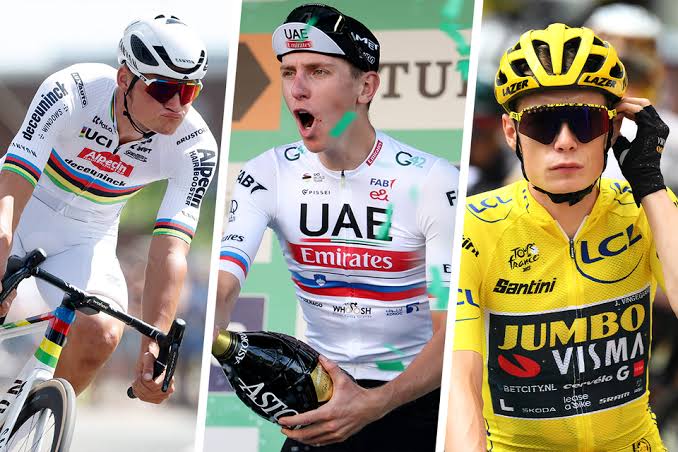
Table of Contents
Van der Poel's Dominant Performance and Race Strategy
Mathieu van der Poel's victory wasn't just a win; it was a masterclass in classic cycling tactics. His strategic approach was evident from the gun.
- Early aggression: Van der Poel didn't shy away from early attacks, testing the peloton and wearing down his rivals. This aggressive early pacing forced many riders to expend valuable energy early in the race.
- Smart positioning: Throughout the crucial cobbled sectors, Van der Poel consistently maintained a prime position, avoiding unnecessary energy expenditure while always being ready to respond to attacks. His bike handling skills were exceptional, navigating the treacherous terrain with seemingly effortless grace.
- Calculated attacks: His decisive attacks weren't reckless; they were meticulously timed and targeted to break the race apart at critical junctures. He expertly exploited the weaknesses of his rivals, capitalizing on moments of hesitation or fatigue.
- Powerful sprint: In the final sprint, Van der Poel showcased his explosive power, leaving no doubt about his superior strength and finishing prowess.
This wasn't just brute strength; it was a calculated dismantling of the competition, a testament to Van der Poel's deep understanding of Tour of Flanders strategy and his exceptional race tactics.
Pogačar's Impressive Challenge and Areas for Improvement
Tadej Pogačar, known for his Grand Tour dominance, demonstrated remarkable resilience and strength in his first serious attempt at a classic like the Tour of Flanders. While he didn't win, his performance was far from disappointing.
- Strong climbing power: Pogačar's climbing prowess, usually a hallmark of Grand Tour success, was on display, particularly on the Oude Kwaremont and Paterberg climbs. He challenged Van der Poel on several occasions, briefly closing the gap.
- Pacing strategy: Pogačar's pacing, while impressive at times, might need refinement for classic races. The intense, repeated bursts of effort required in these races differ significantly from the more sustained efforts of Grand Tours. His pacing strategy needs adaptation to the unique demands of the Tour of Flanders and other spring classics.
- Cobblestone experience: Pogačar's relative inexperience on the challenging cobbled sections was evident at times. Improving his handling and comfort on this terrain would significantly enhance his chances in future classic cycling events. Focused training on cobbled sections is crucial for his classic cycling development.
The Tour of Flanders highlighted Pogačar’s potential in classic cycling, but also pinpointed areas for strategic and technical improvement in his performance analysis.
Key Moments and Race Deciding Factors
Several key moments defined the race's narrative:
- The Oude Kwaremont surge: Pogačar's powerful attack on the Oude Kwaremont showed his intent. While Van der Poel countered effectively, it was a pivotal moment illustrating Pogačar's capabilities.
- The Paterberg battle: The Paterberg climb saw another intense exchange between the two riders, showcasing their incredible strength and will. This section demonstrated the sheer power and competitive spirit involved in this elite level of cycling race dynamics.
- The final kilometers: Van der Poel's decisive acceleration in the final kilometers proved insurmountable, sealing his victory.
The weather conditions, while not extreme, played a subtle role. The slightly damp cobblestones demanded precision and added an extra layer of challenge. The absence of major crashes or mechanical issues allowed for a cleaner, more strategic race, amplifying the head-to-head competition.
The Future of Pogačar and Van der Poel in Classic Cycling
The Pogačar vs Van der Poel rivalry is a compelling storyline for the future of classic cycling. Their contrasting strengths and styles promise thrilling contests for years to come. We can expect:
- Evolving strategies: Both riders will likely adapt their strategies, learning from this race and incorporating new tactics.
- Intensified training: Expect dedicated training regimes focused on honing their strengths and addressing weaknesses identified in this race, particularly for Pogačar in classic cycling training.
- More head-to-head clashes: Future spring classics are guaranteed to be must-watch events as these two cycling giants continue their epic rivalry.
This clash represents a significant shift in classic cycling, with Grand Tour specialists like Pogačar increasingly challenging the traditional dominance of classic cycling specialists.
Conclusion: The Legacy of Pogačar's Challenge and Van der Poel's Triumph at the Tour of Flanders
Mathieu van der Poel's victory at the Tour of Flanders was a masterful display of strategic brilliance and athletic prowess. Tadej Pogačar's strong challenge, though ultimately unsuccessful, marked a significant statement, hinting at a potentially dominant future in classic cycling events. The race highlighted the evolving landscape of professional cycling, where the lines between Grand Tour specialists and classics experts are increasingly blurring. The future of the Pogačar-Van der Poel rivalry promises even more exciting clashes and a new era of competition in spring classics. What are your thoughts on Tadej Pogačar's performance at the Tour of Flanders? Discuss the future of the Pogačar-Van der Poel rivalry in the comments below!

Featured Posts
-
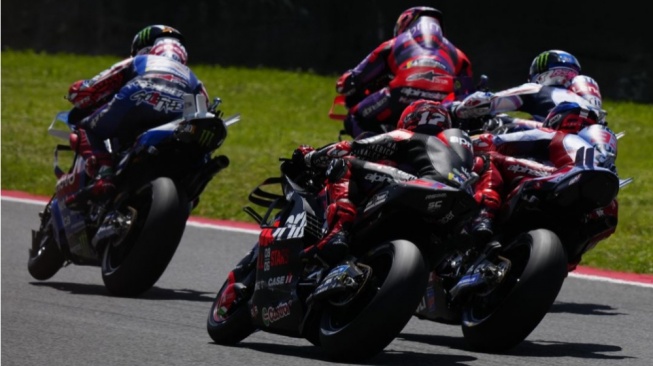 Jadwal Moto Gp Inggris 2024 Silverstone Klasemen Terbaru And Prediksi Marquez
May 26, 2025
Jadwal Moto Gp Inggris 2024 Silverstone Klasemen Terbaru And Prediksi Marquez
May 26, 2025 -
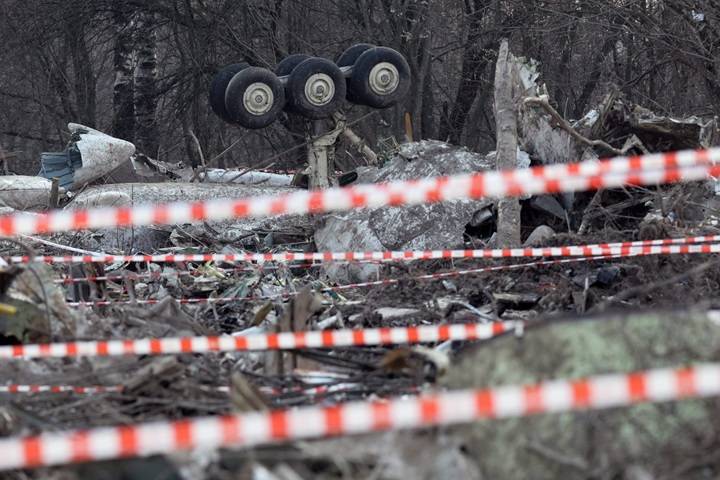 Polscy Prokuratorzy Omijani Przez Pytania W Polsce24 Szczegolowa Analiza Sytuacji
May 26, 2025
Polscy Prokuratorzy Omijani Przez Pytania W Polsce24 Szczegolowa Analiza Sytuacji
May 26, 2025 -
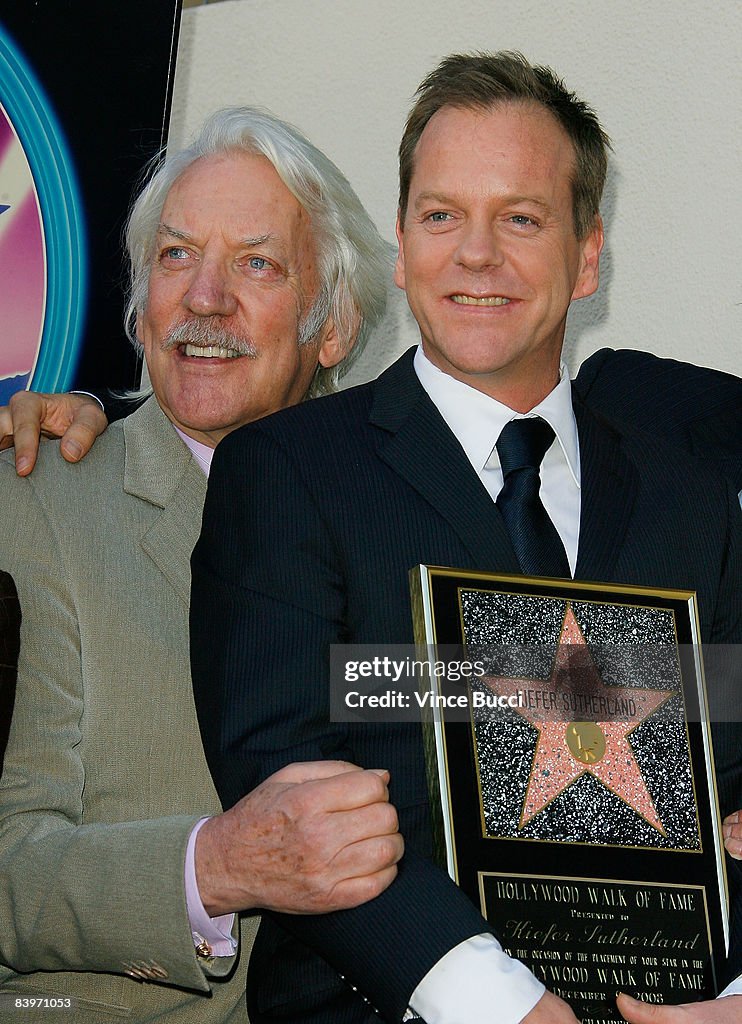 Kiefer Sutherland Pays Tribute To His Late Father Donald At Csas
May 26, 2025
Kiefer Sutherland Pays Tribute To His Late Father Donald At Csas
May 26, 2025 -
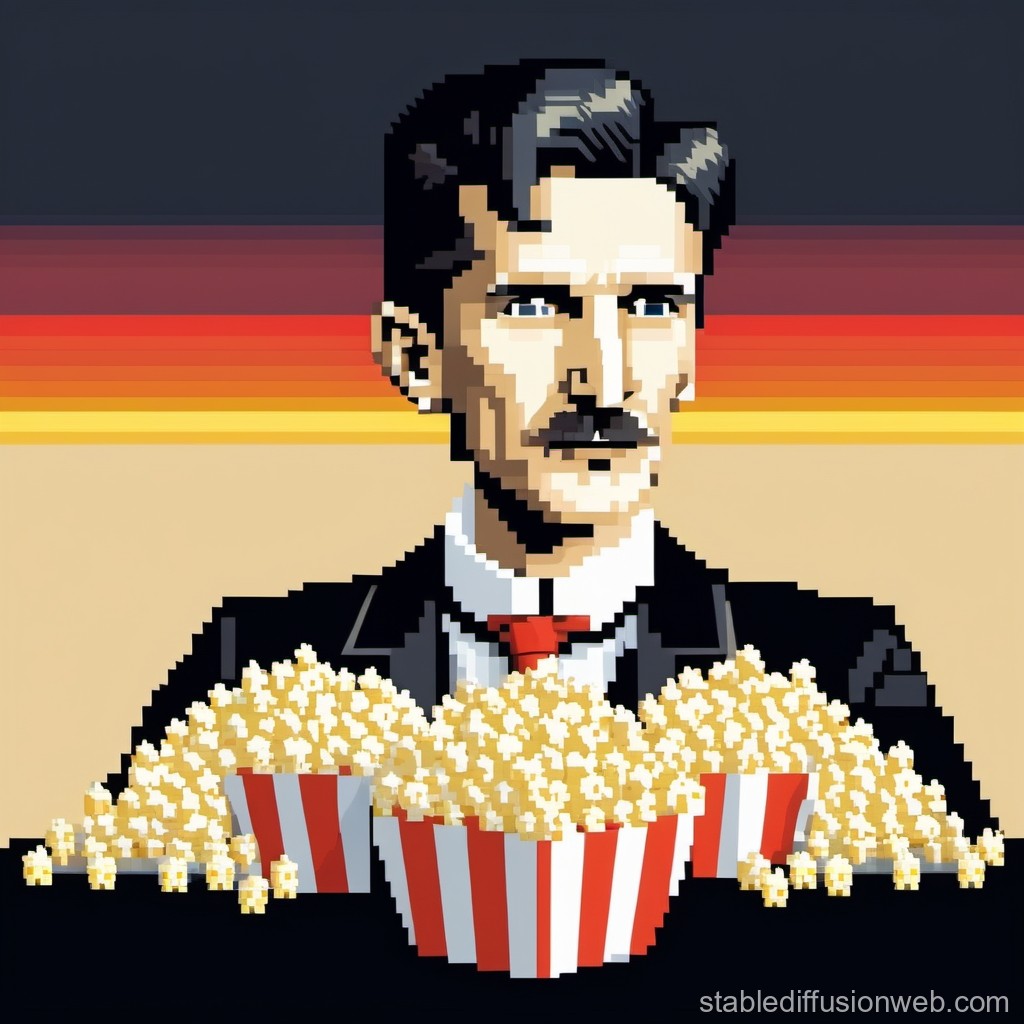 The Gritty Realism Of Glasgow A Cinematic Portrayal
May 26, 2025
The Gritty Realism Of Glasgow A Cinematic Portrayal
May 26, 2025 -
 Blue Origins Rocket Launch Abruptly Halted By Subsystem Failure
May 26, 2025
Blue Origins Rocket Launch Abruptly Halted By Subsystem Failure
May 26, 2025
